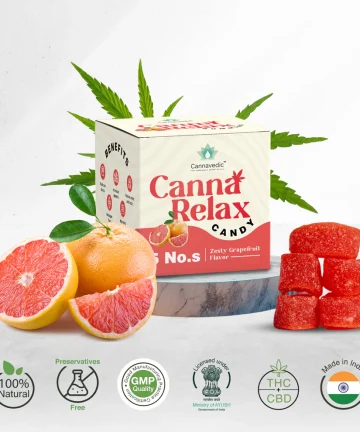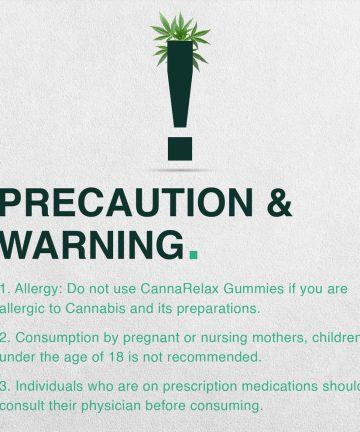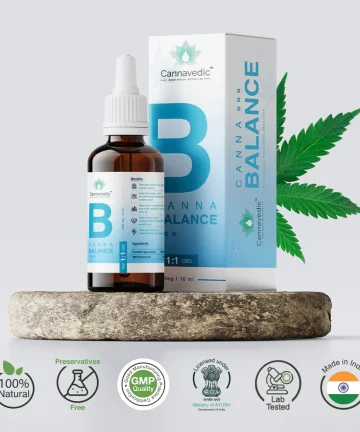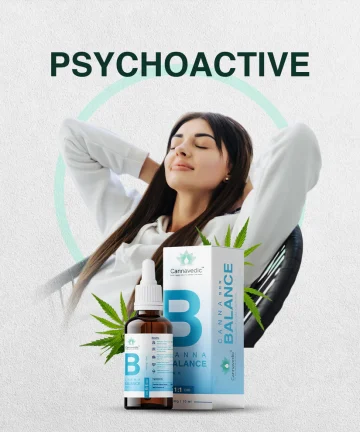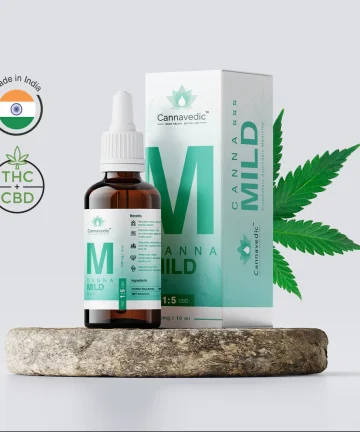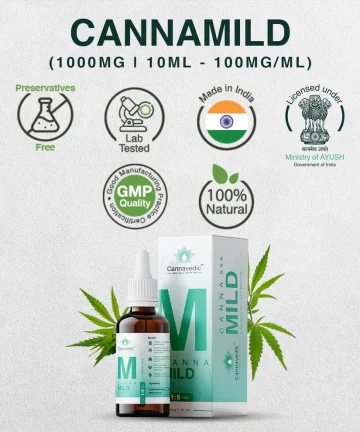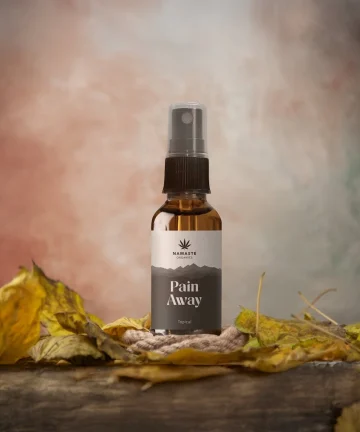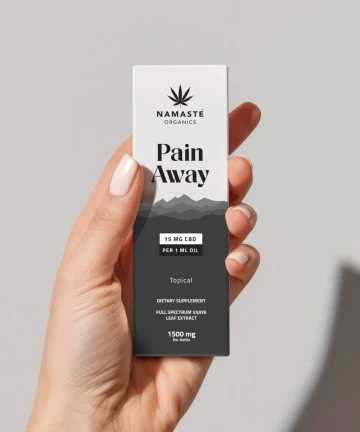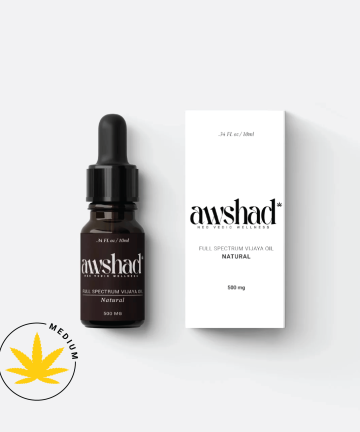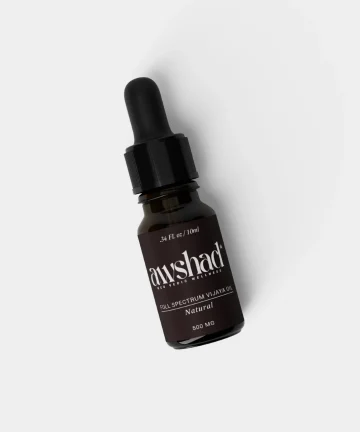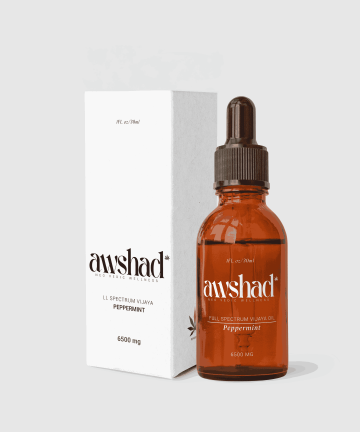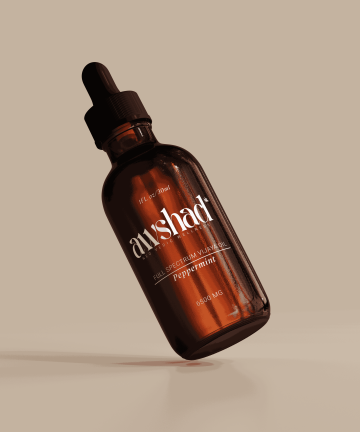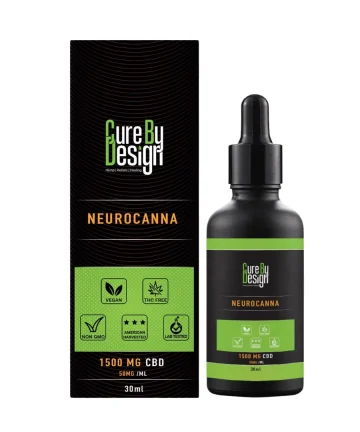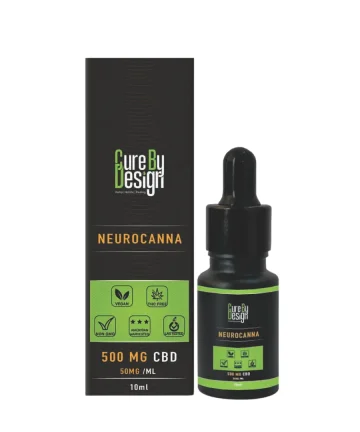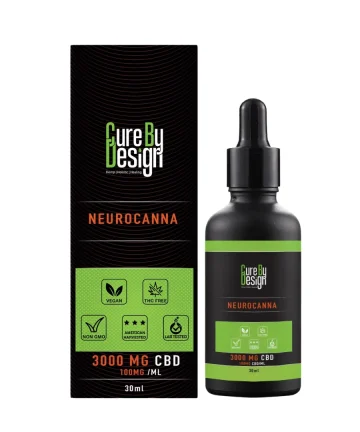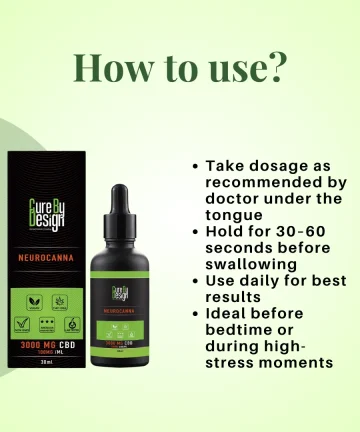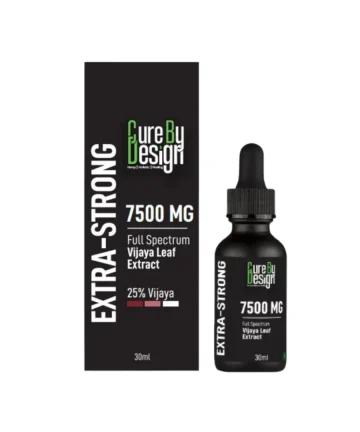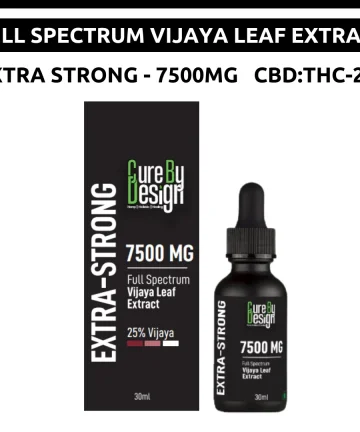A: topical cream or ointment is a localised method of administration designed to target the affected area of the body by penetrating the top layers of the skin quick delivery. Our products are not transdermal, meaning they do not enter the bloodstream. This means that they are unlikely to interact negatively with other medications.
On the other hand, systemic oral oils and tinctures are absorbed through the mucus membranes and enter the bloodstream. Moreover, they have an increased time to delivery, since it takes time to work through the body. Since they enter the bloodstream, it is advisable to speak to your doctor if you are worried about how they can interact with other medications you may be taking.
A: Our pain relief products provide safe, fast, and effective relief from minor aches and pains in muscles and joints associated with simple backaches, arthritis, strains, bruises, and sprains for increased comfort and flexibility.
A:Our broad-spectrum CBD is a cannabinoid-rich extract derived from the Cannabis sativa L. plant grown in accordance with federal and state laws. It is non-addictive, non-psychoactive, and THC-free.
A:Yes, we only source our CBD from trusted suppliers who test each batch for residual solvents, heavy metals, pesticides, microbials, and cannabinoids. Additionally, we send each batch we manufacture to our own third-party testing for yeast and mold, as well as CBD and THC levels, in order to ensure high-quality, legal products.
A:Yes, we test for CBD and THC levels —as well as toxins —in order to ensure high-quality, legal products.
A: No. Our products do not contain THC, the active psychoactive compound in cannabis. We use CBD hemp extract in our products from the Cannabis sativa L. plant, the non-psychoactive, non-addictive component of the plant.
A: No. Our THC-free hemp extract/CBD products are derived from the Cannabis sativa L. hemp plant. This product will not get you high or cause you to fail a THC drug test. * THC-free means that the product contains less than 0.0% of THC. By law, no product can contain more than 0.3% THC, a negligible trace amount.
A:Yes. Pets can benefit from CBD for many of the same conditions as humans: pain, seizures, inflammation, and anxiety. CBD is safe to use for pets but their dosage will likely be much smaller than yours. Dogs have a higher concentration of cannabinoid receptors in their brain. This means they are very sensitive to THC. But a small amount of THC, like the amount in a full spectrum CBD hemp oil, is beneficial for animals. We recommend you speak with a veterinarian (holistic veterinarian) before you start giving your pet CBD.
A: Try to keep the CBD tincture under your tongue for 30 – 60 seconds. The longer you can hold, usually the better it will absorb.
A:CBD has shown to have the following effects: non psychoactive (does not cause a high), alerting in low to moderate doses, sedating in high doses, reduces pain, reduces muscle spasms, anti-inflammatory, stops nausea/vomiting, reduces anxiety/depression, counters psychotic thoughts, antioxidant, anticonvulsant, neuroprotectant, and anti-tumor.
A:Anxiety is a complex condition. For some users, CBD may cause them to experience anxiety or increase their existing anxiety. For many users, CBD will act as a powerful anti-anxiety drug. CBD has been well studied as an anxiolytic and anti-psychotic drug. Anti-anxiety is one of the most common reasons people seek out and use CBD.
A:CBD has been shown to be safe to use in high doses. CBD will not cause a fatal overdose. However it is possible to take too much CBD. A consequence of taking too much CBD is the increased chance of negative side effects like lethargy or drowsiness.
A:Yes. CBD is metabolized by a group of enzymes called the CYP450. These enzymes are responsible for metabolizing many commonly used drugs. CBD can inhibit the activity of the CYP450 enzymes. While CBD-drug interactions are more likely with high doses of CBD and CBD isolates, precaution must be taken when using CBD alongside life preserving medications for serious conditions (i.e. epilepsy medications).
A:Hemp extract refers to the raw extract which is taken from a hemp plant for later processing into CBD oil or CBD products. The most common methods of extraction are CO2 and ethanol extraction.
A: CBD isolate or otherwise called “pure CBD” is the CBD molecule separated from the rest of the compounds it normally occurs with. CBD isolate usually appears as a crystalline white powder. CBD isolate can either be synthesized in a lab (synthetic CBD) or made from a CBD containing plant like marijuana or hemp.
A:A CBD tincture is another term for CBD oil. In the cannabis industry the word “tincture” and “oil” are used interchangeably. A CBD tincture or CBD oil is a liquid concentrate which contains CBD.
A:The length of time it takes for CBD to take effect will depend on the route of administration. The fastest effect will be felt from smoking or vaporization (onset of effects in minutes). Topical administration of CBD will be felt quickly as well. The next fastest effect will be felt from a sublingual dosage (onset of effects in 15 – 60 minutes). The slowest effect (but the longest lasting) will be felt from oral ingestion (onset felt in 90 minutes).
A: No. CBD is not an FDA approved pharmaceutical or dietary supplement. You may purchase CBD without a prescription.
A:While nearly anything in the world can be addictive, no CBD is not known to be an addictive drug. In fact, CBD has shown strong potential to be a useful tool to help people break addictions to harmful substances.
A:CBD is produced inside cannabis plants. CBD is produced by both marijuana and hemp plants. CBD is mostly produced in the resinous trichomes of cannabis flowers. Smaller concentrations of CBD can be found on the stalk and leaves of cannabis plants.
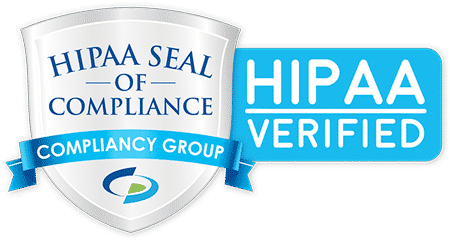


Registration Number: 20820005002230
Accept Payment


